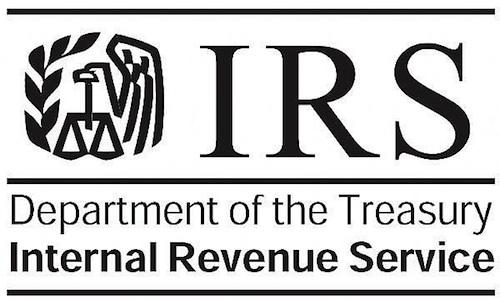The Treasury Department and Internal Revenue Service issued proposed regulations to reflect changes from the Tax Cuts and Jobs Act (TCJA) on the tax deductibility of officers’ compensation by publicly held corporations.
On Aug. 21, 2018, the Treasury Department and IRS released Notice 2018-68. This notice provided initial guidance on this deduction limitation.
Section 162(m) disallows the deduction by any publicly held corporation for compensation paid in any taxable year to a covered employee that exceeds $1 million. The proposed regulations update the definitions of covered employee, publicly held corporation and applicable employee compensation.
The TCJA also provided a transition, or “grandfather” rule, for certain outstanding compensatory arrangements. Specifically, the TCJA changes do not apply to compensation that is provided to a covered employee under a written binding contract that was in effect on Nov. 2, 2017 and was not modified on or after that date. The proposed regulations further explain the grandfather rule, including when a contract will be considered materially modified so that it is no longer considered “grandfathered.” The TCJA changes apply to tax years beginning after Dec. 31, 2017, except to the extent the grandfather rule applies. Taxpayers may rely on these proposed regulations for tax years before the final regulations are effective.
IRS and Treasury welcome public comments. For details, see the proposed regulations now available in the Federal Register.
Updates on the implementation of the TCJA can be found on the Tax Reform page of IRS.gov.
Thanks for reading CPA Practice Advisor!
Subscribe Already registered? Log In
Need more information? Read the FAQs




